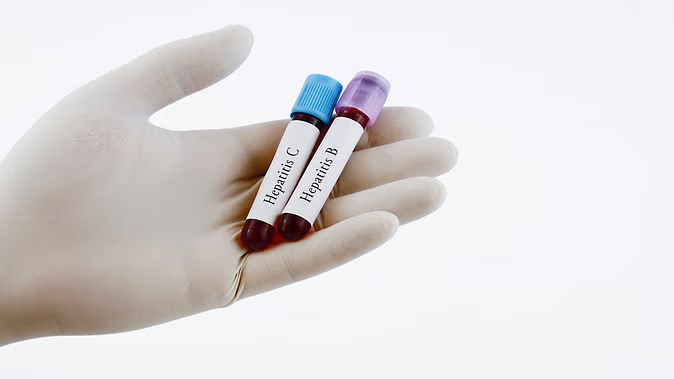
The cumin plant is an annual herb that can grow to a height of 1 to 1.5 feet. The soft stem of cumin is closely connected to the branches. It has long leaves and small white or red flowers that bloom in clusters on cumin branches. Cumin seeds are long but oval in shape and have ridges on their surface.
Hardly any vegetable would be prepared without cumin. Whenever any vegetable is prepared, the first thing to be done is to sprinkle cumin seeds. You may also be using cumin, and may only know that cumin is used in vegetables. You might not know that many diseases can be treated with the use of cumin. Yes, cumin has been described as a very beneficial medicine in Ayurveda, and it has also been told how consuming cumin can help in preventing many diseases.

Benefits of cumin
Beat anemia
Iron deficiency in the body is the biggest cause of anemia. Cumin being a rich source of iron is also capable of curing anemia. One teaspoon of cumin powder nourishes your body with four milligrams of iron. The iron found in it increases the production of red blood cells and also reduces symptoms of anemia like fatigue. It also improves your metabolism. To overcome iron deficiency and protect the body from anemia, include cumin powder in your daily diet. It also provides relief from anemia symptoms like fatigue, anxiety, cognitive impairment, and digestive disorders.
For respiratory disease
Cumin contains thymoquinone, which reduces inflammation and other factors that cause asthma. It also acts as a bronchodilator. Cumin works as an anti-congestive agent and helps clear the lungs, bronchi, and trachea. It also works as a disinfectant, so it can help prevent early congestion. Asthma, for example, is a respiratory disease caused by inflammation of the lungs and the production of mucus – which causes shortness of breath. This may be due to pollution, obesity, infection, allergies, exercise, stress, or hormonal imbalance. The use of cumin is a natural remedy for asthma.
To skin
The presence of Vitamin E in cumin works as an antioxidant. Vitamin E helps strengthen the capillary walls of the skin. It improves skin moisture and elasticity and also acts as a natural anti-aging. Studies have shown that vitamin E reduces inflammation and helps keep the skin youthful. These antioxidant properties also protect against cigarette smoke or sunlight and skin cancer. The antifungal and anti-bacterial properties of cumin can also prevent and treat skin infections.
For immunity
Compounds like thymol and cumin aldehyde are found in cumin. It can help fight harmful bacteria, viruses, and fungi which helps strengthen the immune system. Cumin contains anti-inflammatory compounds like apigenin and luteolin that can help reduce inflammation in the body. Cumin is also known to be a good source of antioxidants, such as phenols and flavonoids, which help protect the body from free radicals that can damage cells and weaken the immune system. The dietary fiber in cumin helps regulate digestion and prevent constipation, which is essential for maintaining a healthy immune system. A healthy digestive system can better absorb nutrients and support overall immunity.
PC Social media










